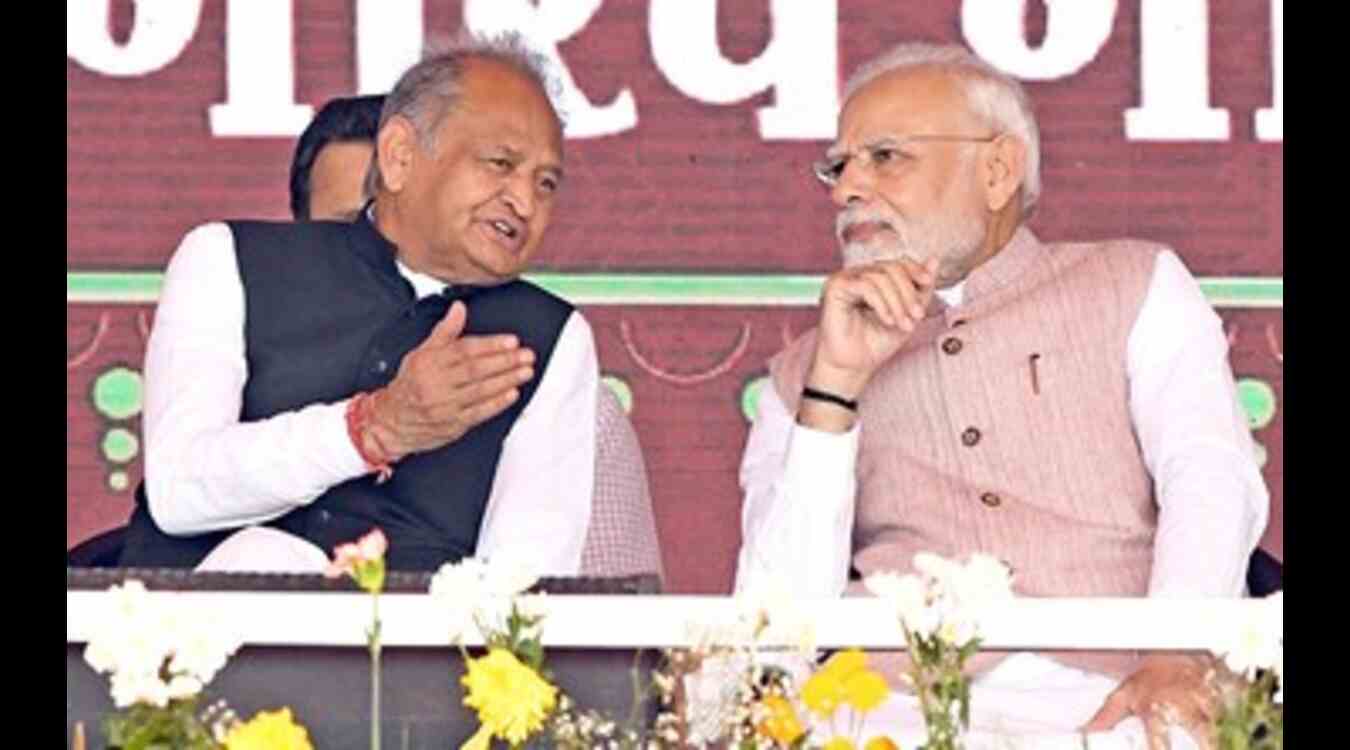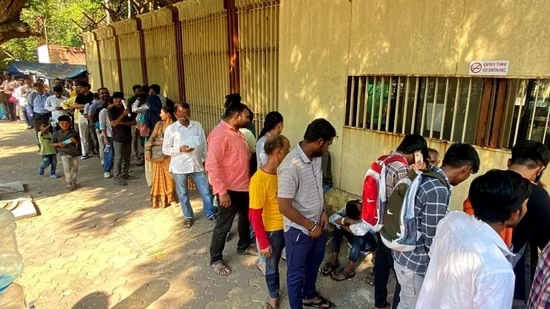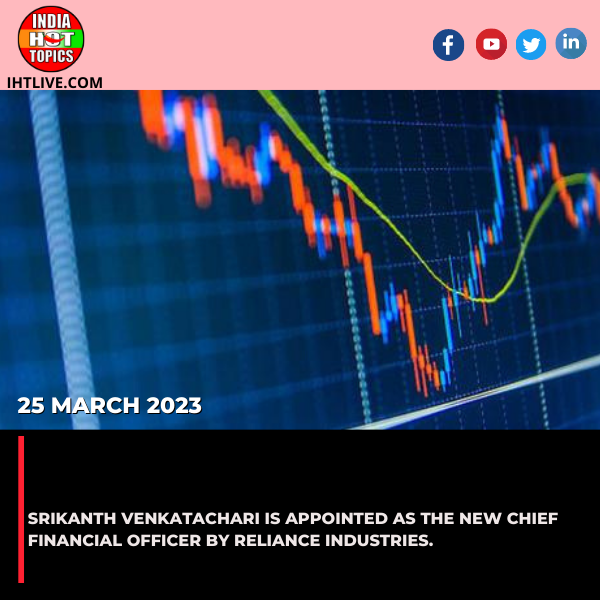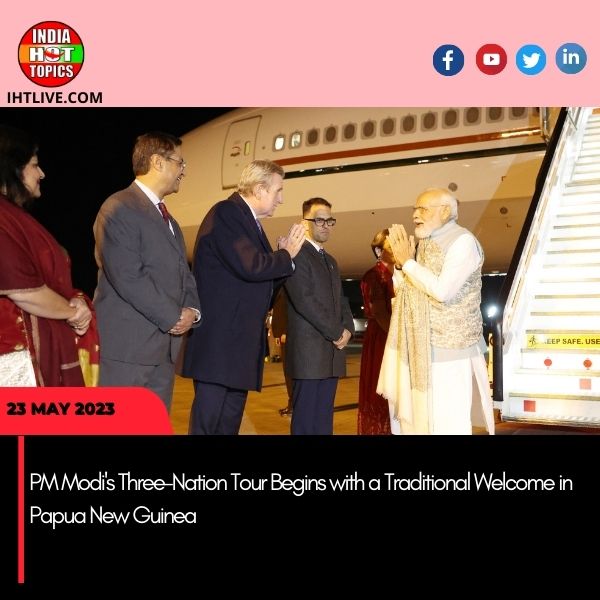India
Modi: Rajasthan’s chief minister doesn’t trust his MLAs, and they don’t trust him.

Title: Modi: Rajasthan’s Chief Minister: A Crisis of Trust
Introduction: The intricate dynamics between political leaders and their elected representatives play a crucial role in the functioning of any democratic government. In the case of Rajasthan’s Chief Minister, Mr. Modi, a distressing scenario has emerged, where mutual trust seems to be eroding between him and his MLAs (Members of Legislative Assembly). This blog explores the underlying factors contributing to this trust deficit and the implications it holds for governance and stability in Rajasthan.
The Strained Relationship: The strained relationship between Chief Minister Modi and his MLAs has become a cause for concern in Rajasthan’s political landscape. It is evident that trust, the cornerstone of any effective leadership, has eroded on both sides. This lack of trust raises questions about the ability of the government to function cohesively and address the needs of the people.
Reasons for the Trust Deficit:
- Leadership Style and Communication: Leadership style and effective communication are pivotal in building trust. In the case of Chief Minister Modi, his leadership approach and communication strategies may have contributed to the erosion of trust. If MLAs perceive their leader as inaccessible, autocratic, or lacking transparency, it creates an environment of mistrust and unease.
- Internal Power Struggles: Internal power struggles within the ruling party can exacerbate trust issues. When individual MLAs feel sidelined or marginalized in decision-making processes, they may question the intentions and motives of the chief minister. Such power struggles often breed factions and undermine a sense of unity and trust within the party.
- Policy Disagreements: Differences in policy perspectives can strain the relationship between the chief minister and the MLAs. When MLAs feel that their concerns and suggestions are ignored or dismissed, it deepens the trust deficit. A lack of inclusivity in policy-making processes can lead to a sense of alienation and discontent among the MLAs.
Implications of the Trust Deficit:
- Governance Challenges: A crisis of trust between the chief minister and MLAs can hamper effective governance. The lack of a cohesive and trusting relationship makes it difficult to implement policies, enact legislation, and address the needs of the people. It can result in delays, inefficiencies, and a lack of accountability within the government machinery.
- Party Unity and Stability: Internal trust deficits within a ruling party can lead to instability and fractures. Factions may form, jeopardizing the party’s unity and its ability to function as a cohesive political force. This can have far-reaching consequences, such as the potential collapse of the government, early elections, or the rise of opposition parties.
- Public Perception: The erosion of trust within the ruling party can also impact public perception. When citizens witness internal conflicts and a lack of trust among elected representatives, it undermines their confidence in the government’s ability to govern effectively. This can lead to disillusionment, public unrest, and a decline in the overall credibility of the government.
Rebuilding Trust: A Way Forward
- Transparent and Inclusive Leadership: Chief Minister Modi must adopt a transparent and inclusive leadership approach. Regular communication with MLAs, active listening, and considering their perspectives can help rebuild trust and foster a sense of unity within the party.
- Strengthening Dialogue Channels: Establishing open and constructive dialogue channels between the chief minister and MLAs is essential. Regular meetings, discussions, and forums for sharing concerns and ideas can facilitate mutual understanding and bridge the trust deficit.
- Collaborative Decision-Making: Encouraging collaborative decision-making processes where MLAs’ voices are heard and respected can help rebuild trust. Including MLAs in policy discussions and giving due consideration to their inputs can foster a sense of ownership and restore confidence in the leadership.
Conclusion: The erosion of trust between Rajasthan’s Chief Minister Modi and his
General News Platform – https://ihtlive.com/
Entertainment News Platforms – anyflix.in
Construction Infrastructure and Mining News Platform – https://cimreviews.com/
Podcast Platforms – https://anyfm.in/
India
Amit Shah will preside over a high-level Manipur meeting.

Monday night’s meeting to assess the security situation in Manipur will be facilitated by Union Home Minister Amit Shah. This is the first high-level gathering of its kind held by the central government since Prime Minister Narendra Modi’s National Democratic Alliance (NDA) was re-elected earlier this month.
Senior representatives from the federal government, state governments, including chief minister N Biren Singh, the army, and other security agencies are anticipated to attend the meeting at 4 p.m., according to people with knowledge of the development.
Manipur has seen fighting between the Kukis and Meiteis communities since May 3 of last year. The fighting has resulted in at least 225 deaths to far and the displacement of almost 50,000 people, the majority of whom are still living in relief shelters.
The previous few weeks have seen new acts of violence in the northeastern state, including the burning of a school facility close to Moreh and the discovery of the beheaded body of a missing individual.
In the Kangpokpi district last week, armed terrorists assaulted the vehicle of Manipur Chief Minister N Biren Singh’s enhanced security team, injuring a security officer and a civilian driver.
Dr. Mohan Bhagwat, the chief of the Rashtriya Swayamsevak Sangh (RSS), stated on June 10 that Manipur has been waiting for peace for a year and that this problem has to be given priority.
Bhagwat emphasised the importance of putting aside political hyperbole and concentrating on the issues confronting the country.
Dattatreya Hosabale, the general secretary of the RSS, called the current violence in Manipur “painful” and “worrisome.”
The Sangh, according to a statement, feels that the only way to solve any issue is “through mutual dialogue and expression of brotherhood in a peaceful atmosphere.”
In an attempt to mediate peace, Shah had earlier travelled to Manipur last month and convened nine talks with leaders of the Kuki and Meitei groups. Despite this, the violence has not decreased.
General News Platform – https://ihtlive.com/
Entertainment News Platforms – anyflix.in
Construction Infrastructure and Mining News Platform – https://cimreviews.com/
Podcast Platforms – https://anyfm.in/
India
Uttar Pradesh: PM Modi’s visit to the Kashi Vishwanath temple in Varanasi is well underway.

On Tuesday, Prime Minister Narendra Modi will travel to Varanasi, his home district in the Lok Sabha. This will be his first trip to the sacred city since taking office as the nation’s third prime minister.
At the historic Kashi Vishwanath temple, PM Modi is expected to engage with farmers and take part in Ganga Aarti.
What is currently known regarding Prime Minister Narendra Modi’s visit to Varanasi is as follows:
For 4.5 hours, Prime Minister Modi will be in Varanasi. At roughly 4 p.m., he will touch down at Babatpur’s Lal Bahadur Shastri International Airport.
Prior to releasing the 17th installment of the Samman Nidhi, which is intended to benefit 2,76,665 farmers in Kashi, PM Modi will attend a “Kisan Samelan.”
In order to commemorate the farmers in the area, PM Modi will meet with 21 of them at the Kisan Samelan and evaluate their products. BJP party officials are preparing for the visit.
The visit of Prime Minister Modi is a source of pride for the people of Varanasi, according to BJP president Dilip Patel. “We are all proud that Prime Minister Narendra Modi has taken the oath of office three times—once as the nation’s prime minister and once as a member of the Varanasi assembly.”
Following his meeting with the farmers, Prime Minister Modi is scheduled to attend the Ganga Aarti at Dashashwamedh Ghat at the Kashi Vishwanath temple.
Vishwa Bhushan Mishra, the CEO of the Kashi Vishwanath temple, stated in an interview that they have a process for the Prime Minister’s visit. PM Modi is anticipated to spend about twenty-five minutes inside the temple.
Ajay Rai, Modi’s previous opponent for the Varanasi seat, criticised him, claiming that Modi was displacing natives with Gujaratis by handing all employment to them. Regarding the purported dearth of factories and development in the city, he questioned Modi.
General News Platform – https://ihtlive.com/
Entertainment News Platforms – anyflix.in
Construction Infrastructure and Mining News Platform – https://cimreviews.com/
Podcast Platforms – https://anyfm.in/
India
Sunita Kejriwal is requested by the Delhi High Court to remove Arvind Kejriwal’s court footage from social media.

The wife of chief minister Arvind Kejriwal, Sunita Kejriwal, has been ordered by the Delhi High Court to remove a video of her husband speaking to a Delhi court from her social media accounts. The social media companies have also been ordered by the court to remove posts that contain links to the video.
In addition, the high court has sent notices to all parties involved in the PIL, which was filed by lawyer Vaibhav Singh, alleging that Kejriwal’s appearance before Delhi’s Rouse Avenue Court on March 28 violated the court’s regulations regarding video conferencing.
Among the five people requested to remove the social media posts is Sunita Kejriwal.
The court has set July 9 for the hearing.
On March 28, Arvind Kejriwal personally addressed Special Judge (PC Act) Kaveri Baweja after being brought before the court a second time after being arrested by the Enforcement Directorate in connection with the Delhi liquor policy case.
Sunita Kejriwal reposted the images after the audio and video recordings of the speech went viral on social media.
When films with comparable content are brought to their attention, the Delhi High Court ordered X, YouTube, Facebook, and Instagram to remove them.
The notice on the PIL filed by the Delhi-based attorney Vaibhav Singh was issued by a division bench made up of Justices Neena Bansal Krishna and Amit Sharma.
After he disregarded nine summonses from the Enforcement Directorate, Arvind Kejriwal was taken into custody on March 21 in relation to the excise policy fraud. Subsequently, the Delhi High Court affirmed the agency’s decision.
Later, Arvind Kejriwal petitioned the Supreme Court to overturn his arrest.
In order to enable Kejriwal to campaign for his Aam Aadmi Party during the Lok Sabha elections, the Supreme Court granted him temporary release in May for a period of 21 days.
On June 2, he turned himself in to the Tihar Jail officials per the Supreme Court’s directive.
The former bureaucrat Sunita Kejriwal had spent a great deal of time campaigning for the AAP during the Lok Sabha elections. But the party was unable to secure a single seat in the nation’s capital.
General News Platform – https://ihtlive.com/
Entertainment News Platforms – anyflix.in
Construction Infrastructure and Mining News Platform – https://cimreviews.com/
Podcast Platforms – https://anyfm.in/
-

 India11 months ago
India11 months agoThe afternoon briefing revealed that 97.26% of the ₹2000 notes were returned, and the Israeli Prime Minister committed to war goals.
-

 World4 months ago
World4 months agoMichigan splash pad attack: A couple was shot seven times in total while defending their two small daughters.
-

 Business2 years ago
Business2 years agoSrikanth Venkatachari is appointed as the new chief financial officer by Reliance Industries.
-

 Entertainment1 year ago
Entertainment1 year agoNew Season 8 The Walking Dead trailer flashes forward in time
-

 India1 year ago
India1 year agoPM Modi’s Three-Nation Tour Begins with a Traditional Welcome in Papua New Guinea
-

 India Hot Topics1 year ago
India Hot Topics1 year agoCenter ‘busts’ 8 YouTube channels for distributing false information.
-

 Business7 years ago
Business7 years agoThe 9 worst mistakes you can ever make at work
-

 Fashion7 years ago
Fashion7 years agoThese ’90s fashion trends are making a comeback in 2017







